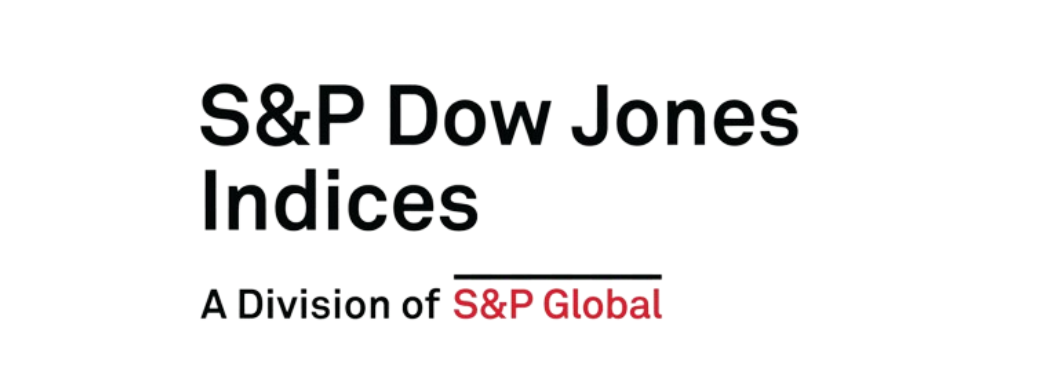The S&P 500’s latest quarterly rebalance is underway with two prominent stocks, Blackstone and Airbnb, set to enter the US large-cap benchmark within a fortnight.
Index provider S&P Dow Jones Indices (SPDJI) announced the reshuffle last Friday with new entrants and deletions set to take effect from 18 September.
This rebalance will see Blackstone, the world’s largest private equity firm – founded in 1985 by two former Lehmann Brothers executives – enter.
Ken Shih, head of wealth management for Greater China at Saxo Bank, commented: “Blackstone was a long time coming since in April [SPDJI] dropped a 2017 rule barring corporations with multiple share classes from being added to the index.”
Beside it, Airbnb will enter the world’s most popular index after being founded by two San Francisco flatmates in 2007. Despite humble beginnings, the firm was highlighted by S&P Global Market Intelligence in 2021 as one of seven companies with a market cap exceeding $50bn and not being admitted entry to the S&P 500.
The two companies will replace the outgoing insurance company Lincoln National and consumer discretionary conglomerate Newell Brands, which have both suffered drastic cuts to their share prices over the past year.
Lincoln saw its shares shed 38% in a single day last November following a stark third-quarter earnings announcement.
Sharpie, Coleman’s and Yankee Candle owner Newell Brands, meanwhile, has slid over 39% in the past year on continued weak earnings guidance and news its CEO plans to retire.
Following the S&P 500 rebalance announcement on 1 September, Blackstone and Airbnb shares jumped 4.1% and 5% while Lincoln National and Newell Brands were down 0.7% and unchanged, respectively.
However, a past report by Research Affiliates shows this may not be a sign of things to come. After entering the S&P 500 in December 2020, Tesla proceeded to underperform the outgoing Apartment Investment Management (AIV) by more than 70% over the following six months, representing 41 basis points of lost returns for S&P 500 investors.
Far from an outlier, the report found additions and deletions from market cap-weighted indices such as the S&P 500 tend to behave in a predictable pattern following rebalances due to their baked-in tendency to ‘buy high, sell low’ – incurring “substantial hidden costs” for index-tracking investors.
It remains to be seen whether this dynamic will play out for the index’s new entrants and evictees, given the challenges the latter continues to face.



